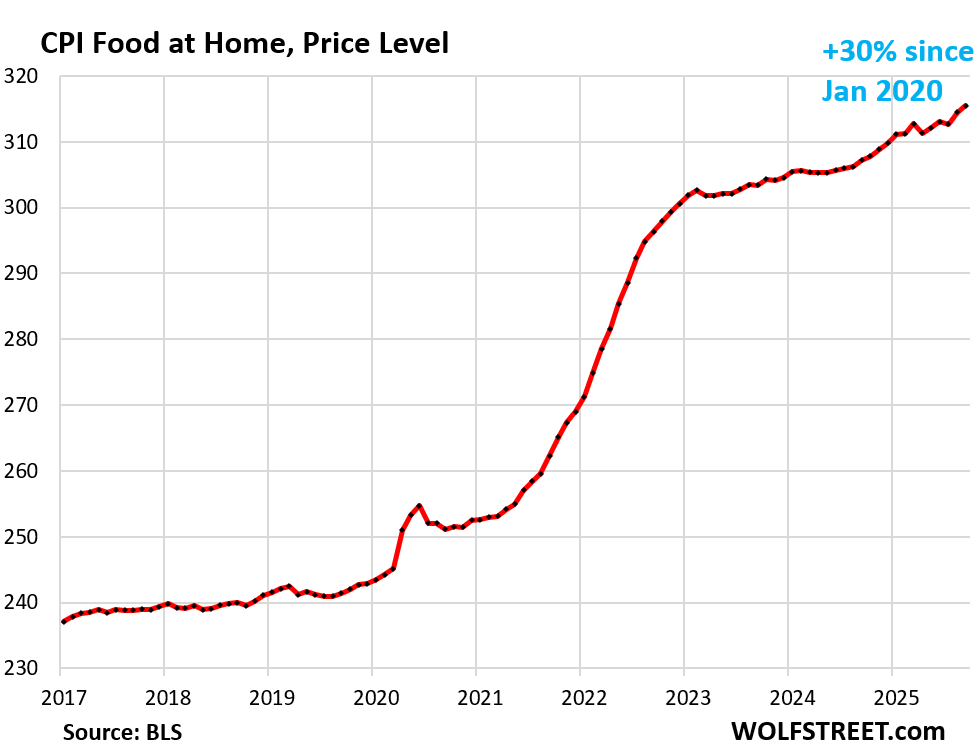The Very Group has slumped to a £500m loss after writing off a major loan to the Barclay family, as lenders prepare to seize control of the shopping empire.
Very, which owns Littlewoods.com, said an intercompany loan transferred to the family’s business empire several years ago had been wiped out because it would not be repaid – pushing the group into the red.
The impairment on the loan – which was worth £525m and made to Very’s parent company, which is fully owned by the Barclay family – meant the retailer’s losses spiralled to £505m for the year ending June from a £16.3m loss last time.
It comes as lenders attempt to recover debts from the business in a move that is likely to see the Barclay family lose control of the Very business.
The process is expected to see one of Very’s main creditors, the US private equity group Carlyle, work with Abu Dhabi-based IMI to launch a complex debt-for-equity swap before the end of the year.
The Very Group itself was created 20 years ago through a merger of retail businesses Littlewoods and Shop Direct, which had both been acquired by the Barclay brothers, Sir Frederick and the late David Barclay, just a few years earlier.
The retailer is considered a core part of the Barclay family business empire and has remained so despite growing strains on other parts of the family’s sprawling empire, which has caused a major retrenchment.
In 2023, the Barclay family lost control of the Telegraph Media Group, which owns The Telegraph newspaper, after failing to pay back loans to Lloyds Banking Group.
Delivery business Yodel, which had formerly operated as the logistics arm of The Very Group, was also sold by the family.
Earlier in 2015, the Barclay brothers struck a deal with Qatar’s sovereign fund to sell their majority stake in Coroin, a company that owned London five-star hotels including The Connaught, Claridge’s and The Berkeley.
They also sold the Ritz Hotel to Qatari businessman Abdulhadi Mana Al-Hajr for around £700m in 2020.
The Very Group’s adjusted earnings increased by 15.9pc to £307.1m, accounts show.
Sales rose 1.8pc to just over £2bn in what the company described as a “challenging retail market”.
Broaden your horizons with award-winning British journalism. Try The Telegraph free for 1 month with unlimited access to our award-winning website, exclusive app, money-saving offers and more.























